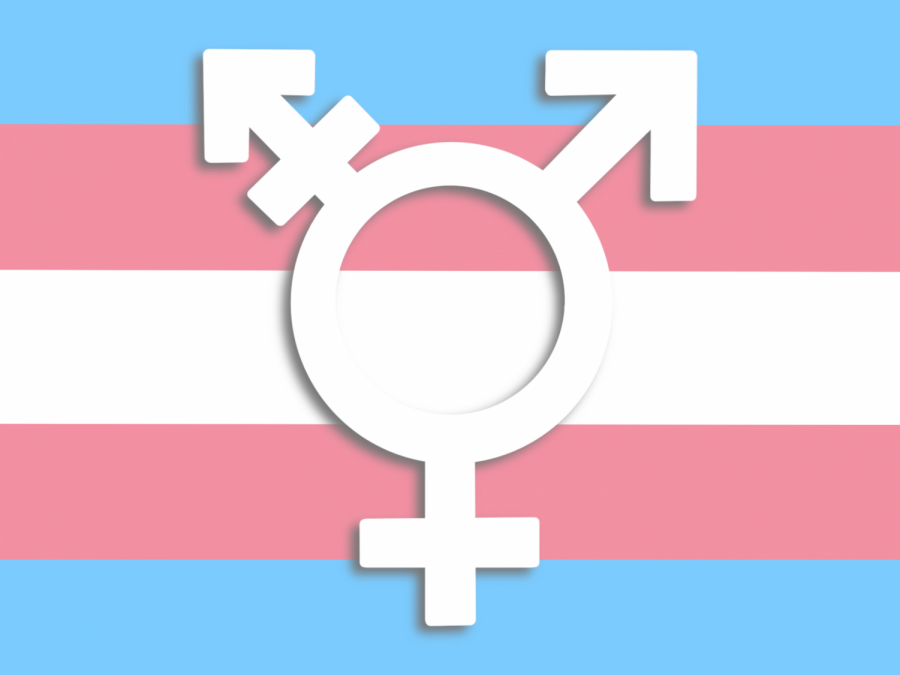Anti-transgender bill is unjust
Legislation unfairly targets transgender athletes
Anti-transgender bills have been proposed in 28 states, including Minnesota in 2021. Legislation targets the rights of transgender youth’s access to health care and sports.
April 16, 2021
In a so-called progressive society in the year 2021, laws have been passed in many states that unjustly target transgender athletes.
In Minnesota, a bill was passed that restricts the rights of high school transgender athletes to compete under the gender they identify as. This bill states that “A public elementary or secondary school, or a school that is a member of the Minnesota State High School League that permits a person whose sex is male to participate in interscholastic or intramural activities designed for women or girls is in violation of this section.” Violating this bill would charge the offending athlete with a petty misdemeanor.
Petty misdemeanors do not come with jail time, but they can come with a fine of up to $300 — similar to a speeding ticket. Regardless of the punishment, it is still wrong to punish transgender athletes for competing when it should be their right to participate.
Sports are instrumental in helping many high school students create a community, make new friends and improve mental and physical health. It would be unfair to deprive any group of these opportunities, but for people who identify as transgender, they can be critical, especially for those who lack support from family and friends regarding their gender identity.
There is no hard evidence to support the claim that high school transgender athletes are a detriment to sports. Many of the lawmakers proposing these bills are unable to even find examples of transgender people in sports.
Some people may argue that transgender women are ruining sports because they have a biological advantage over their cisgender peers. However, there is no such thing as transgender domination over women’s sports. A majority of athletes that are winning at a high level, like state championships, are cisgender. There is no reason to exclude transgender people just to solve a problem that doesn’t actually exist.
The root of the bill is from transgender athletes’ victories over cisgender athletes. An example of this would be in Connecticut. Two transgender runners won a couple of events at the state championship, namely the 100 and 200-yard dash. A few families were upset and filed a lawsuit, but just two days later, one of the girls whose family was suing defeated one of the transgender athletes named in the lawsuit.
Bills like this one only seek to increase the discrimination that transgender people face on a daily basis. We should be supporting transgender people, not trying to tear them down, and this bill is a step in the wrong direction.




